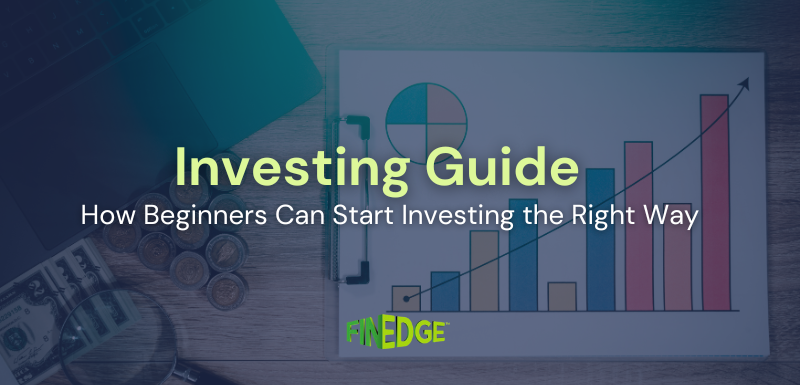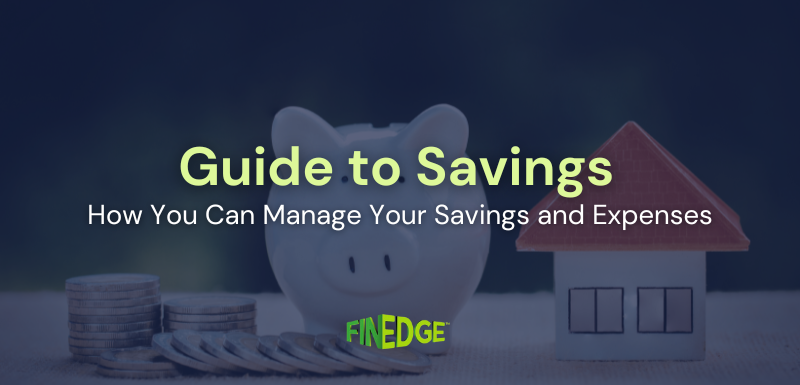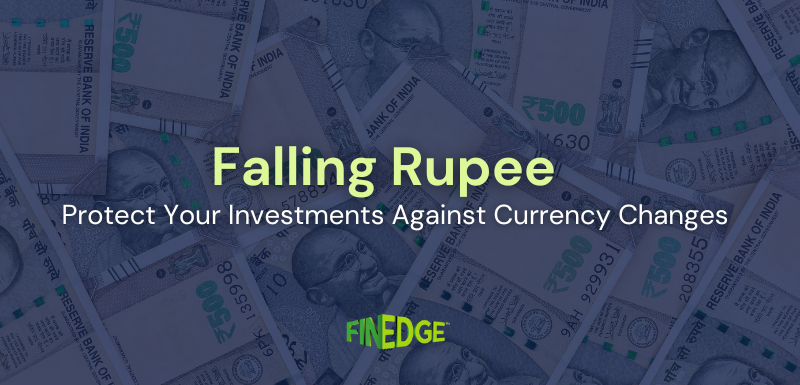How Financial Advice is helpful in Investment Planning

With the widespread proliferation of FinTech based DIY (Do it Yourself) investment planning platforms, the role of a financial advisor has taken a backseat in the minds of some people. While the convenience and ease of transactions that these DIY financial advice platforms provide cannot be disputed, the ultimate efficacy of financial advice is the end outcome – which is, does it enable you to achieve your financial goals or not? And anecdotal evidence suggests that platforms that remove the financial advisor from the investment planning process are usually found wanting when it comes to this litmus test.
Interestingly, we have noticed time and again that investors have, after a while, usually opted to come back and work with a financial advisor instead of sticking to their DIY investment planning platform for extended periods of time. There are several reasons why this tends to happen, and it underscores the importance of a financial advisor in the investment planning process.
When it comes to investment planning, well begun is not half done!
So, you went ahead and got started on your investment planning journey by getting a financial plan prepared. And while the exercise can be eye opening and extremely insightful, the truth is that the initial motivation that you feel after the process will fade away very quickly. This is precisely why people who choose to rely on robo advisory platforms for financial advice often make a start, but fail to follow through. It’s like taking up a competitive sport – while you can get the basics right and even make a start by watching instructional videos or reading blogs, only a qualified coach can keep you on the straight and narrow path on the difficult journey that lies ahead. In this analogy, a financial advisor acts as a coach, thereby increasing the longevity and impact of the investment planning exercise beyond mere fits and starts.
“How you invest” matters more than “where you invest”
If wealth creation from investment planning were easy, everyone would be a millionaire! After all, we live in the digital age, and data is in abundance. All it takes is a simple Google search, and you’ll have a plethora of lists at your disposal – the best performing mutual funds, the top PMS products, best stock picks from the country’s leading financial advisors, and what not. However, the truth is that the scope of financial advice goes well beyond merely spinning out lists of investment planning products along with fancy metrics like alpha, beta, sharpe and standard deviation. The real “Alpha” comes from how you invest – for example - how you react when the chips are down, such as the market phase we saw during the early onset of COVID-19. Even when the going is good, you could end up missing critical investment planning opportunities by fence sitting and trying to time the market. A financial advisor can play a critical role in bridging this “behaviour gap”, not just by counselling you but by presenting actual data on market cycles and analysing potential future investment planning scenarios together with you. By managing how you invest, an advisor can ensure that they financial advice that they provide actually have a tangible long-term impact on your life.
The journey is long (and boring), and having someone who co-owns your goals really helps
Someone rightfully said that “financial planning is like watching paint dry or watching grass grow”. For example, you may be a 30-year-old who has availed financial advice for their retirement planning goal. In this case, the “reward” from your investment planning exercise is three decades away! It’s almost impossible for an investor to stay aligned to a payoff that’s so far away, until they have a financial advisor who co-owns these goals with them. Every portfolio action – be it a redemption, a new investment or a new SIP, can serve as an opportunity to revisit the financial goals and conduct an impact analysis. In other words, the financial advisor can “co-own” your goals with you, thereby lending you the much-needed motivation to not take your eye off the ball and pull out five years’ worth of retirement savings to make the down payment on a shiny new car!
Your Investing Experts
Relevant Articles
Beginner Investing Guide: How to Start Investing the Right Way
Investing for beginners can feel both exciting and overwhelming. With constant news about markets, social media opinions, and stories of quick gains, first-time investors often struggle to separate what truly matters from what is simply noise.
How to Save More From Everyday Expenses and Invest More Consistently
Spending smarter, timing purchases better, and being intentional with recurring expenses can create a steady surplus that can be channelled into long-term investments.
Rupee Falling? How to Protect and Grow Your Investments
When the rupee weakens, it often creates anxiety for investors. But currency depreciation is not an anomaly; it is a recurring phase in every long-term economic cycle. The real question is not whether the rupee will fall, but how investors should respond to it without derailing their long-term financial goals.
.png)


